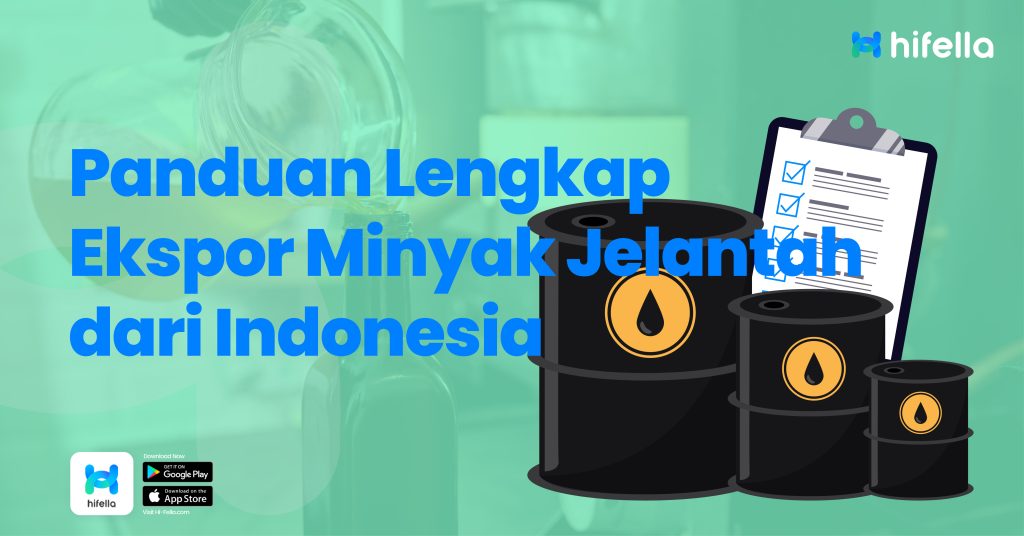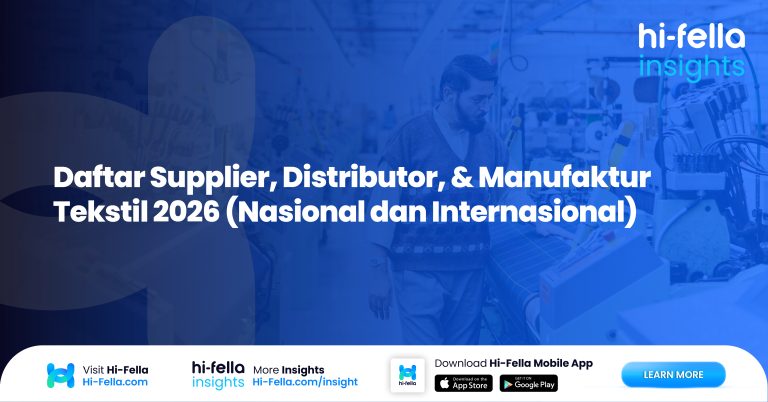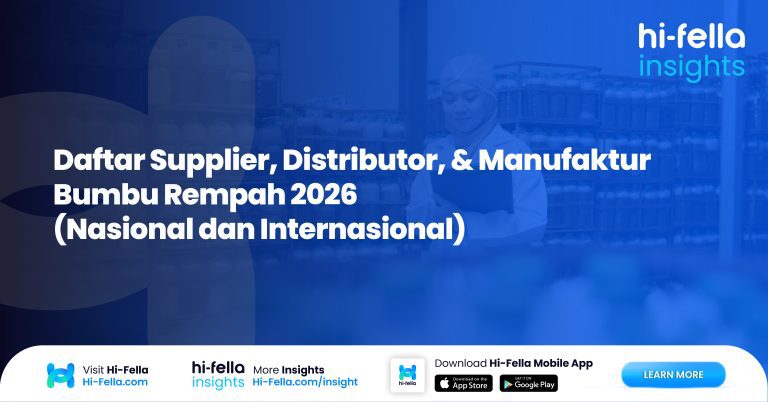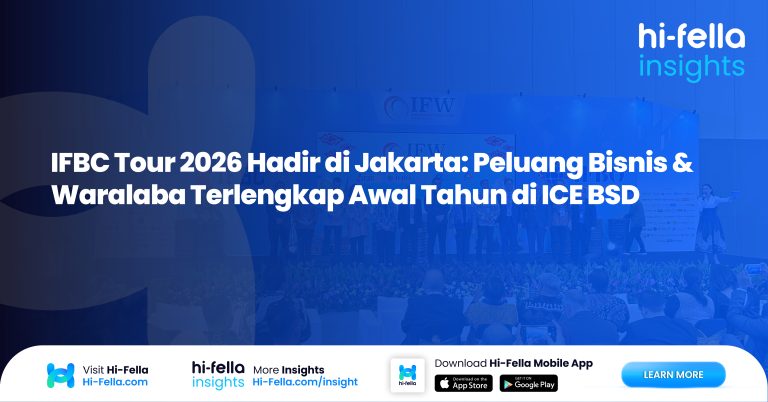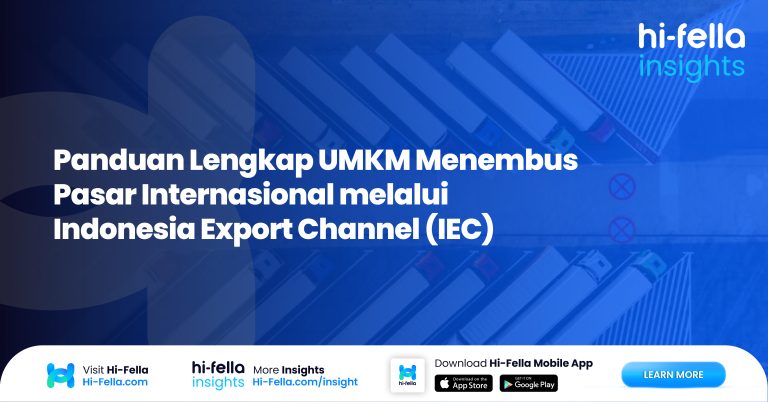Ekspor minyak jelantah dapat membuka peluang bisnis yang menguntungkan bagi pengusaha Indonesia. Minyak jelantah, yang sering dianggap limbah, memiliki nilai ekonomi tinggi jika diolah dengan benar.
Artikel ini akan membahas apa saja tips ekspor minyak jelantah, mulai dari persiapannya hingga strategi pemasaran minyak jelantah di pasar internasional.
Manfaat Ekonomi dan Lingkungan dari Minyak Jelantah
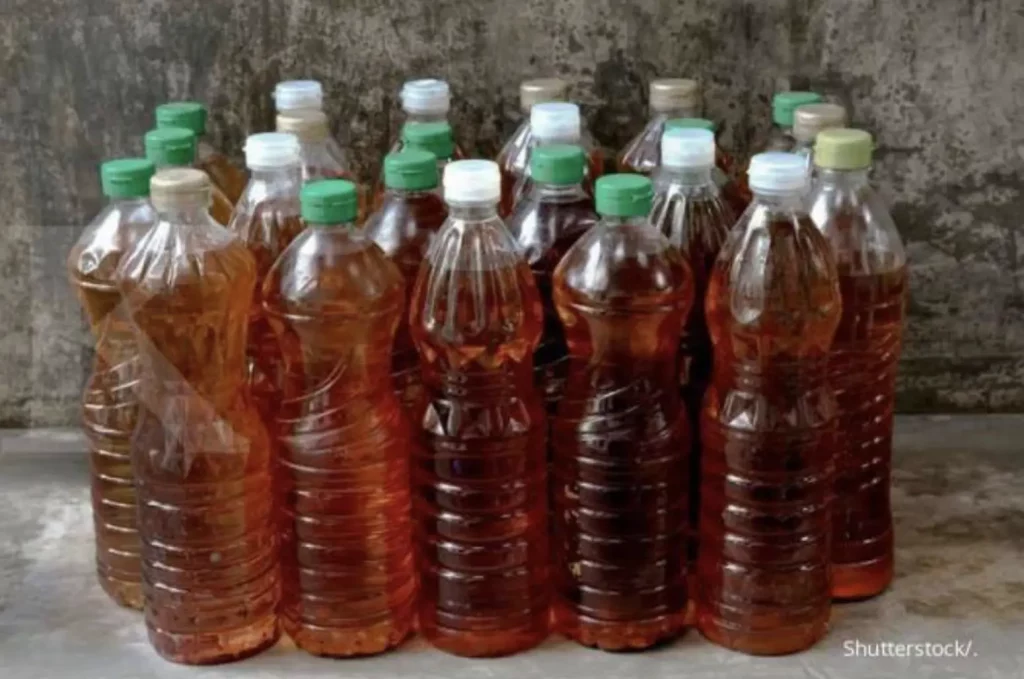
Sumber: Industri Kontan
Memahami manfaat ekonomi dan lingkungan dari minyak jelantah adalah langkah awal yang penting sebelum memulai ekspor. Berikut ini adalah beberapa keuntungan ekonomi dan lingkungan yang dapat diperoleh dari pengolahan dan ekspor minyak jelantah.
1. Penghematan Anggaran
Dilansir dari KataData, dengan menggunakan 1,6 miliar liter minyak jelantah, sekitar 32% dari produksi biodiesel nasional dapat terpenuhi. Hal ini berpotensi menghemat anggaran produksi biodiesel hingga Rp 345 miliar per tahun. Penghematan ini sangat berarti dalam mengurangi biaya produksi dan meningkatkan efisiensi ekonomi.
2. Pengurangan Ketergantungan pada Minyak Kelapa Sawit
Saat ini, produksi biodiesel nasional masih sangat bergantung pada minyak kelapa sawit. Diversifikasi bahan baku dengan menggunakan minyak jelantah dapat mengurangi ketergantungan ini dan membuka peluang baru bagi industri biodiesel di Indonesia.
3. Pengurangan Emisi CO2
Biodiesel yang diproduksi dari minyak jelantah dilansir dari KataData, dapat mengurangi emisi CO2 hingga 91,7% dibandingkan dengan penggunaan solar biasa. Pengurangan emisi ini berkontribusi besar dalam upaya global untuk mengurangi dampak perubahan iklim dan meningkatkan kualitas udara.
4. Standar Ramah Lingkungan Eropa
Biodiesel dari minyak jelantah telah memenuhi standar biodiesel ramah lingkungan di Eropa. Hal ini membuktikan bahwa biodiesel dari minyak jelantah tidak hanya bermanfaat secara lokal tetapi juga memiliki kualitas yang diakui secara internasional.
5. Pengurangan Pencemaran Tanah
Penggunaan minyak jelantah sebagai biodiesel juga membantu mengurangi pencemaran tanah. Minyak jelantah yang biasanya dibuang sembarangan dapat diolah menjadi biodiesel yang ramah lingkungan, sehingga mengurangi dampak negatif terhadap lingkungan.
Peluang Pasar Minyak Jelantah di Dunia
Ekspor minyak jelantah semakin menarik perhatian pasar internasional, terutama sebagai bahan baku biodiesel.
Negara-negara di Eropa dan Asia menunjukkan minat besar untuk mengimpor minyak jelantah dari Indonesia, mengubah limbah ini menjadi komoditas bernilai tinggi.
Dengan meningkatnya permintaan akan biodiesel, pasar internasional untuk minyak jelantah terus berkembang. Pelaku usaha Indonesia memiliki peluang besar untuk memasuki pasar global yang membutuhkan pasokan minyak jelantah berkualitas.
1. Permintaan Internasional
Permintaan minyak jelantah sebagai bahan baku biodiesel terus meningkat di pasar internasional. Negara-negara seperti Amerika Serikat, Jerman, dan Belanda merupakan konsumen terbesar biodiesel, dan mereka membutuhkan pasokan minyak jelantah yang stabil dan berkualitas.
Peluang pasar internasional untuk minyak jelantah sangat menjanjikan. Permintaan yang tinggi dari negara-negara maju menciptakan peluang besar bagi eksportir Indonesia untuk memenuhi kebutuhan tersebut, sekaligus meningkatkan volume ekspor dan devisa negara.
2. Peluang Bagi UMKM
Pasar internasional menawarkan peluang besar bagi UKM di Indonesia untuk memperluas jangkauan bisnis mereka. Dengan adanya permintaan yang tinggi, UKM dapat menjalin kemitraan dengan perusahaan internasional dan meningkatkan skala produksi mereka.
Bagi UKM, peluang ini tidak hanya berarti peningkatan pendapatan tetapi juga kesempatan untuk bersaing di pasar global. Dengan strategi yang tepat, UKM dapat meningkatkan daya saing mereka dan mengembangkan bisnis hingga ke mancanegara.
Proses dan Standar Kualitas Minyak Jelantah untuk Ekspor
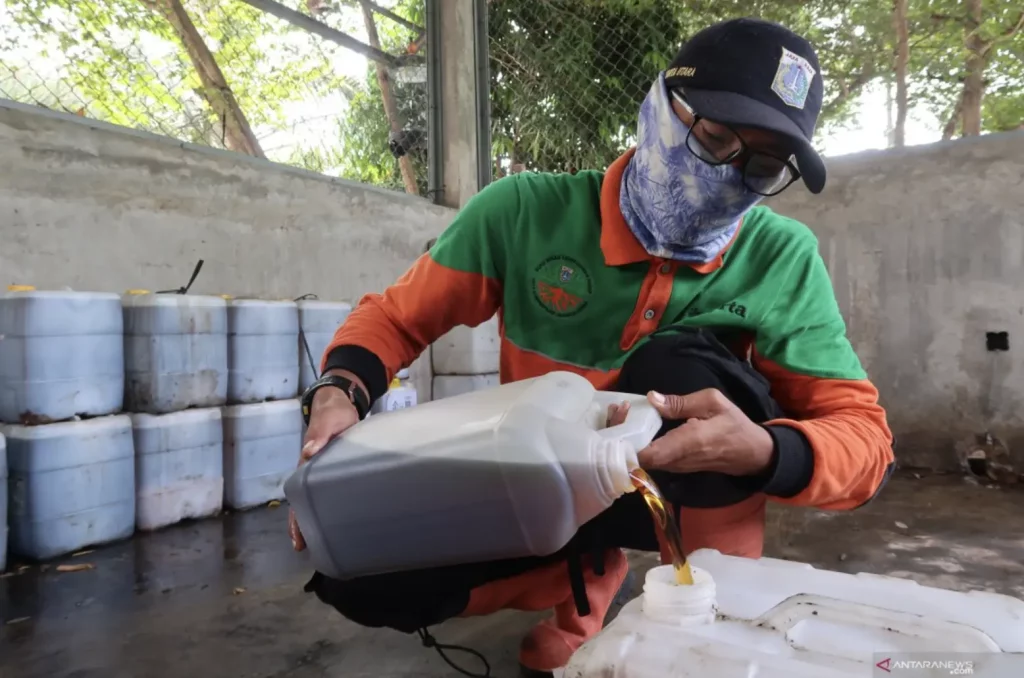
Sumber: ANTARA News
1. Proses Pengolahan
Minyak jelantah harus melalui proses pengolahan yang ketat sebelum diekspor. Proses ini meliputi penyaringan, pemurnian, dan penghilangan kontaminan. Pengolahan yang tepat memastikan bahwa minyak jelantah memenuhi standar kualitas internasional.
Pengolahan minyak jelantah adalah tahap yang krusial dalam proses ekspor. Pengolahan yang baik akan memastikan bahwa minyak jelantah memiliki kualitas yang sesuai dengan standar internasional, sehingga dapat diterima di pasar global dan meningkatkan reputasi produk dari Indonesia.
2. Standar Kualitas
Standar kualitas minyak jelantah untuk ekspor mencakup kadar asam lemak bebas, kadar air, dan kandungan kontaminan. Minyak jelantah yang berkualitas tinggi memiliki kadar asam lemak bebas yang rendah dan bebas dari bahan kimia berbahaya.
Untuk berhasil di pasar internasional, minyak jelantah harus memenuhi berbagai standar kualitas yang ketat.
Memastikan bahwa produk kita memenuhi standar tersebut adalah langkah penting untuk membangun kepercayaan dan hubungan bisnis jangka panjang dengan mitra internasional.
Prosedur Ekspor Minyak Jelantah dari Indonesia
Untuk dapat sukses dalam bisnis ekspor minyak jelantah, penting untuk memahami dan memenuhi berbagai prosedur yang diperlukan.
Berikut ini adalah langkah-langkah dan persyaratan yang harus Anda penuhi untuk mengekspor minyak jelantah dari Indonesia ke pasar internasional.
Izin Ekspor Minyak Jelantah
Sebelum memulai ekspor minyak jelantah, Anda perlu memenuhi persyaratan dan perizinan yang telah ditetapkan.
Berdasarkan Permendag Nomor 30 Tahun 2022, minyak bekas pakai, termasuk minyak jelantah, adalah komoditas sah untuk diekspor. Namun, untuk dapat melakukannya, Anda harus memenuhi beberapa persyaratan penting berikut:
1. Izin Usaha Perdagangan (IUP)
Anda harus memiliki Izin Usaha Perdagangan yang bisa didapatkan dengan mendaftar ke Kementerian Perdagangan.
2. Pendaftaran Sebagai Eksportir
Anda harus terdaftar sebagai eksportir minyak jelantah di Kementerian Perdagangan. Proses pendaftarannya dapat dilakukan secara online, sehingga memudahkan Anda.
3. Kewajiban Pasar Dalam Negeri (DMO)
Anda juga harus memenuhi kewajiban pasar dalam negeri sebesar 20%. Hal ini untuk memastikan kebutuhan pasar lokal tetap stabil dan tidak terabaikan akibat aktivitas ekspor.
4. Persetujuan Ekspor (PE)
Anda perlu mendapatkan Persetujuan Ekspor yang dikeluarkan oleh Kementerian Perdagangan. Pengajuan ini juga termasuk pemenuhan kewajiban DMO.
5. Standar Mutu Minyak Jelantah
Minyak jelantah yang akan diekspor harus memenuhi standar mutu yang tercantum dalam Permendag Nomor 30 Tahun 2022.
6. Dokumen Ekspor
Anda harus menyiapkan dokumen-dokumen penting seperti invoice, packing list, dan bill of lading.
7. Laporan Elektronik
Anda harus menyerahkan laporan elektronik mengenai realisasi aktivitas ekspor ke Kementerian Perdagangan.
Cara Ekspor Minyak Jelantah
Setelah memenuhi semua persyaratan di atas, berikut adalah langkah-langkah yang bisa Anda lakukan untuk menjalankan bisnis ekspor minyak jelantah:
1. Menyiapkan Pemasok Jangka Panjang
Pastikan Anda memiliki pemasok minyak jelantah jangka panjang yang dapat menyediakan stok secara konsisten. Buat kontrak kerja sama yang jelas untuk menjamin ketersediaan dan kualitas minyak jelantah.
2. Bermitra dengan Jasa Ekspedisi Terpercaya
Pilih jasa ekspedisi yang berpengalaman dalam pengiriman bahan cair ke luar negeri. Pastikan pengiriman dilakukan dengan aman untuk menghindari kebocoran atau risiko lainnya.
3. Tingkatkan Kualitas Produk dan Layanan
Pastikan kualitas minyak jelantah yang diekspor memenuhi standar yang dibutuhkan untuk diolah menjadi biodiesel. Selain itu, tingkatkan mutu layanan dari pre-sales hingga after-sales untuk memastikan kepuasan pelanggan dan membangun loyalitas.
Strategi Pemasaran Minyak Jelantah di Pasar Internasional
Agar dapat bersaing di pasar internasional, eksportir minyak jelantah perlu menerapkan strategi pemasaran yang efektif.
Berikut ini adalah beberapa strategi yang dapat membantu memaksimalkan potensi dan meningkatkan penjualan jika Anda ingin ekspor minyak jelantah di pasar global.
1. Bangun Jaringan Bisnis
Membangun jaringan bisnis yang kuat dengan pembeli internasional sangat penting. Pelaku usaha dapat memanfaatkan platform online seperti Hi-Fella untuk menemukan buyer potensial mulai dari domestik hingga di seluruh dunia.
Membangun jaringan bisnis yang luas dan kuat adalah kunci untuk sukses di pasar internasional. Melalui kemitraan strategis, pelaku usaha dapat meningkatkan jangkauan pasar dan mendapatkan akses ke peluang bisnis yang lebih besar.
2. Promosi Produk melalui Pemasaran Digital
Promosi yang efektif membantu meningkatkan kesadaran dan permintaan akan minyak jelantah. Menggunakan media sosial, berpartisipasi dalam pameran dagang internasional, dan memanfaatkan pemasaran digital seperti SEO dan SEM untuk meningkatkan visibilitas online adalah beberapa strategi yang dapat dilakukan.
Promosi yang tepat dapat membuat produk minyak jelantah lebih dikenal di pasar global. Dengan strategi pemasaran yang efektif, pelaku usaha dapat menarik lebih banyak pembeli dan meningkatkan penjualan secara signifikan.
Kesimpulan
Ekspor minyak jelantah dari Indonesia menawarkan banyak manfaat ekonomi dan lingkungan. Dengan proses pengolahan yang tepat, standar kualitas yang ketat, dan strategi pemasaran yang efektif, pelaku usaha dapat memanfaatkan peluang besar di pasar internasional.
Temukan buyer minyak jelantah di seluruh dunia bersama Hi-Fella dan mulailah memperluas bisnis Anda mulai dari sekarang!


